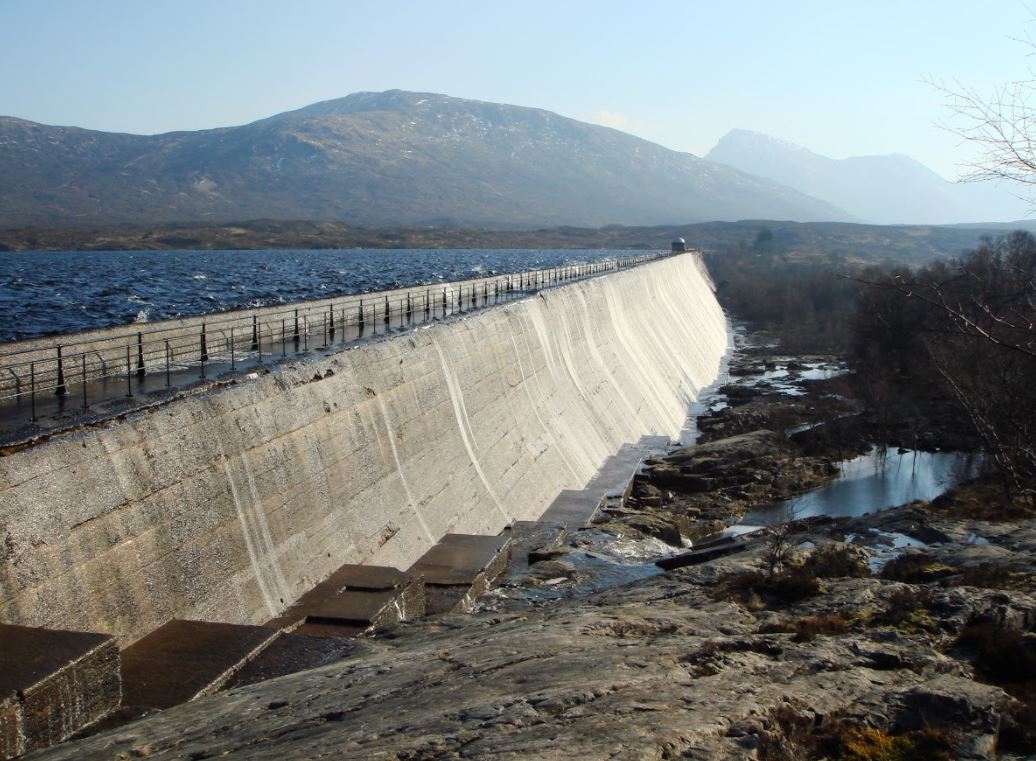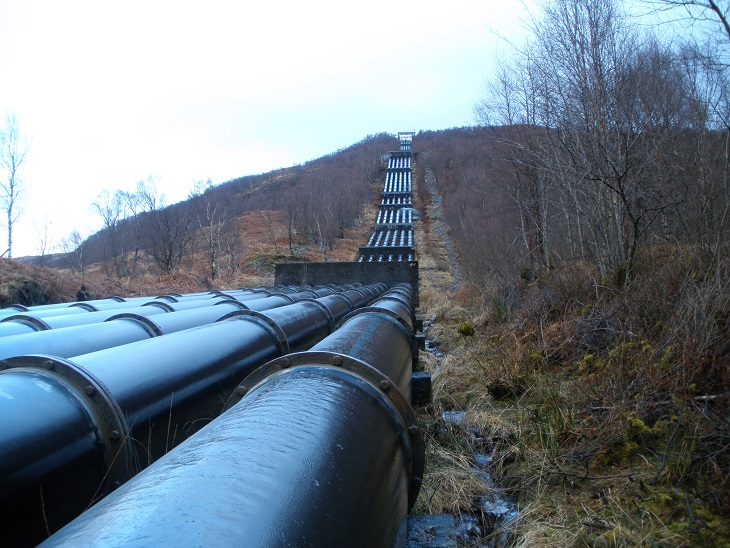Penstock Flow Control in World’s First ‘Electric Town’ With Variable Speed AUMA Actuation
UNITED KINGDOM / AGILITYPR.NEWS / March 22, 2021 / The small Scottish town of Kinlochleven has an extraordinary claim to fame as the first place in the world in which every home was connected to electricity. That was courtesy of a 1907 hydroelectric dam project that generated power for the aluminium smeltery near the town.
Three auxiliary spillways feeding the power plant were mothballed in the late 1960s. Waterflow control specialists Aquatic Control Engineering (ACE) were subsequently tasked with the reinstatement of the spillways, as part of a new drive for local green energy. ACE chose AUMA variable speed electric actuators to drive key penstocks that optimise water flow through the dam system, increasing efficiency and reducing energy requirements.
Paul Hopkins, Managing Director, AUMA Actuators Limited, says: “This project has been an excellent collaboration with Aquatic Control Engineering. Our variable speed electric actuators allow highly accurate levels of flow control when opening and closing penstocks.
“Maximum efficiency requires that the culvert supplying the hydroelectric station is operated ‘almost full’. This is measured by a water level sensor that signals the AUMA AC intelligent control via a control panel. The AUMA actuator drives the penstock open or closed, and the opportunity to slow the cycle as the penstock reaches the end of the close cycle introduces a degree of self-cleaning for the penstock.”
AUMA SAV variable speed actuators can both start and stop at low speed, increasing through the mid part of the actuation cycle. This means that the inrush current as the cycle starts is tiny compared with a high torque, ‘full-speed’ start.
The generation plant operates 24/7 and the penstocks are extremely remote so a relatively simple, uninterruptible power supply is used to cover for any loss of power, significantly reducing cabling costs and the overall cost of the project.
The 6 km of concrete aqueduct and 13 km of steel pipe through which water flows to the hydroelectric station are operated to maintain ‘almost full’ flow through a box culvert at the power station end. In the early days, this was a full-time manual job, with an operator remotely stationed to raise and lower penstocks and keeping them clean. This level of intervention contributed to the plant becoming uneconomic and falling into disrepair, closing in the late 1960s.
In 2016 the current smelter owners SIMEC, supported by Green Highland Renewables, were able to make a substantial investment to bring the hydro power plant back to full operation and boost electricity generation to 27.5 MW.
For more information visit www.auma.com


Contacts
Links